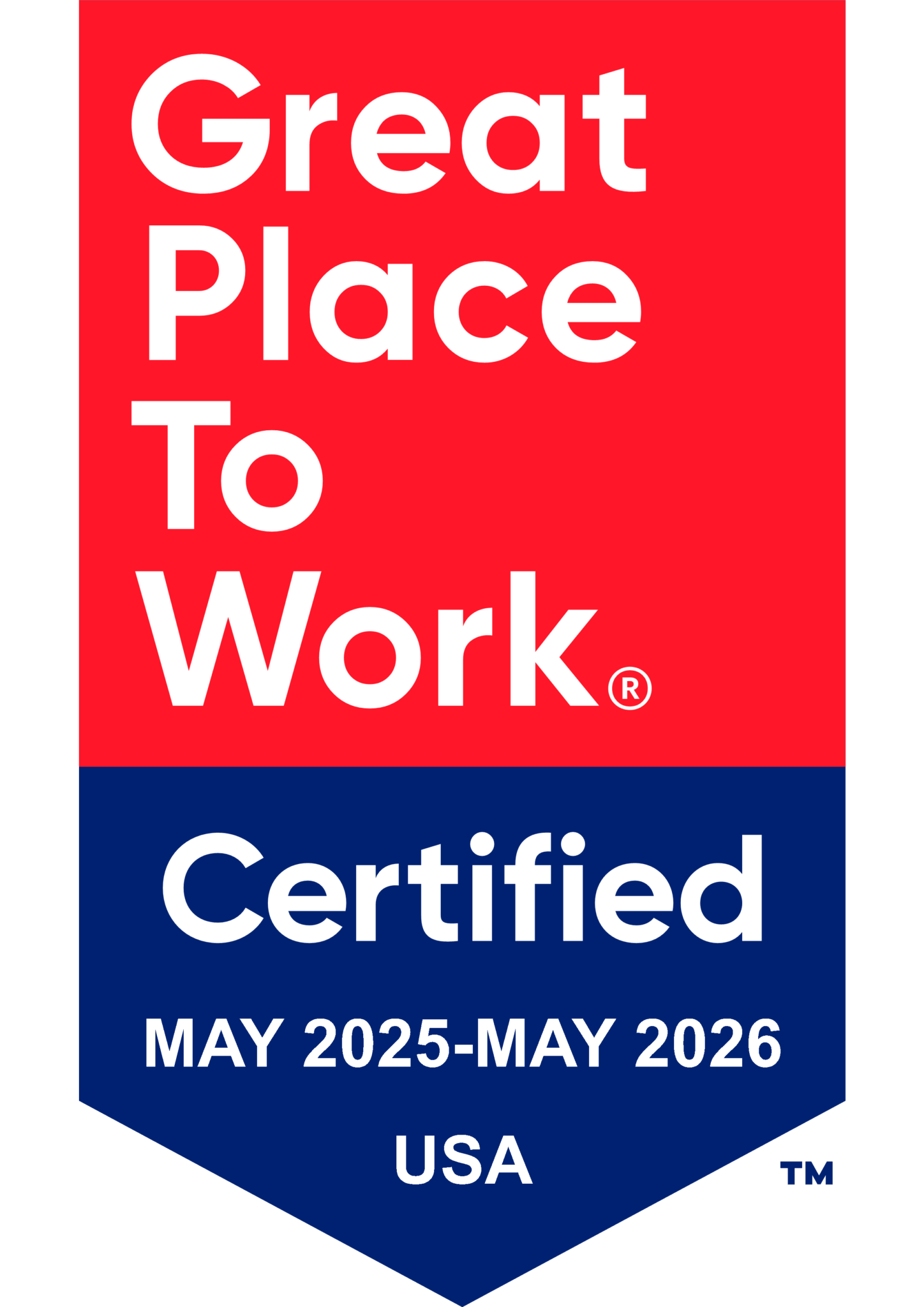Our very own Dr. Michael Everest, the Chairman and Chief Academic Officer of Residents Medical, shares his perspective on the competitiveness of psychiatry residency and steps you can take to increase your chances of matching to one.
Why is psychiatry residency so popular now?
Psychiatry residency has become so popular because there has been a great need to pay attention to mental health. For the longest time, when I was growing up, psychiatrists were considered second, right doctors, "take this magic pill, you'll feel better." But now that mental health is no longer a taboo topic and people are willing to speak more about their issues, it has become a science of medicine that is well respected. People with various PTSD needs, anxiety, depression, and add in with the wars and technology are finally getting treated holistically and through medication, and psychiatrists are the ones to thank.
Psychiatry has become not only a very respected profession but also the one that is much needed. In medicine, psychiatry training has integrated a lot of internal medicine and the different health sciences. So, in that sense, it helps. From a professional level, psychiatry is popular because of the great satisfaction you get in helping people. On a personal level, it is also very flexible for your schedule and with great pay opportunities.
It's not an internal medicine job where you always must carry a beeper with you. You can have somewhat of a lifestyle, ask any surgeon, and they will tell you about how hard it is to maintain a balance between work and life. So, it is obvious why it's become popular over the years; you get to help society, make good money and have a balanced lifestyle.
What are the pros and cons of a psychiatry residency?
I don't necessarily think there are any cons unless you're a person that likes clinical care as far as hands-on experience. It takes a different type of personality. A surgeon cannot be a psychiatrist; a pathologist cannot be a psychiatrist. So, it depends on what you want to contribute to medicine.
The pros are you can work for your practice or work for a hospital setting. There's a shortage of psychiatrists, so there are always opportunities available for you to level up your expertise. There's a lot of people hurting out there. And a lot of them need someone to talk to and guide them in the right direction. Not only just with medication but having the art of listening. We don't have that art anymore. And a psychiatrist, a well-trained psychiatrist, will be able to understand and develop a plan for physical aspects and psychological factors of treatment.
Is psychiatry, IMG /FMG friendly?
So, psychiatry goes in waves, every ten years, this kind of a wave of IMG friendly, not friendly fluctuates. If you look at anybody that's practicing now, that's in their 60s and 70s, most likely they had a much easier process of getting into psychiatry residency than right now. Many IMG/FMG's were able to get into the program because they wanted to practice medicine, and psychiatry wasn't as competitive. But things have changed. It has become IMG unfriendly. In fact, many psychiatry residencies programs don't even offer visas to alleviate the IMG's.
So, for IMG's right now, going into the 2021 match, psychiatry residency is very unfriendly. Think of it as supply and demand. The psychiatry program might have four or five slots versus an internal medicine department with its big programs and thirty-five to fifty-five slots open. So out of those four and five slots, the U.S. grads will most likely be the ones to match, because of the reasons discussed earlier. Since it is a popular residency by U.S. grads, it is tough for IMG's to match with so much competition.
What would be your advice for medical graduates who want to seek a psychiatry residency?
Well, it's a different pathway for foreign graduates. My advice would be to get clinical experience, not observerships, and get into a program that you can integrate well in. It doesn't matter how prestigious your school was or how high your exam scores are; if you do not have the right personality, you will not succeed in this residency. So, you must get in and see what program will work best for you and your personality. But unless you integrate into it, you're not going to know; therefore, do a rotation there, an externship, especially if you're an IMG, it is crucial that you spend some time there. Show your worth, show why you should be picked over John Smith from Stanford. And you will only be able to show that if your colleagues and Program Directors will get to know you. It's like when you when we're interviewing somebody for a job when they come, and you get to know them, you know if you're going to keep them or not. You can have the highest resume but being somewhere and working with people is what I would suggest increasing your chances to match. Integrate into a program.



